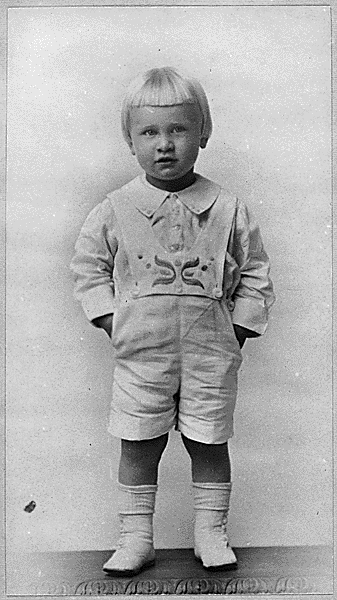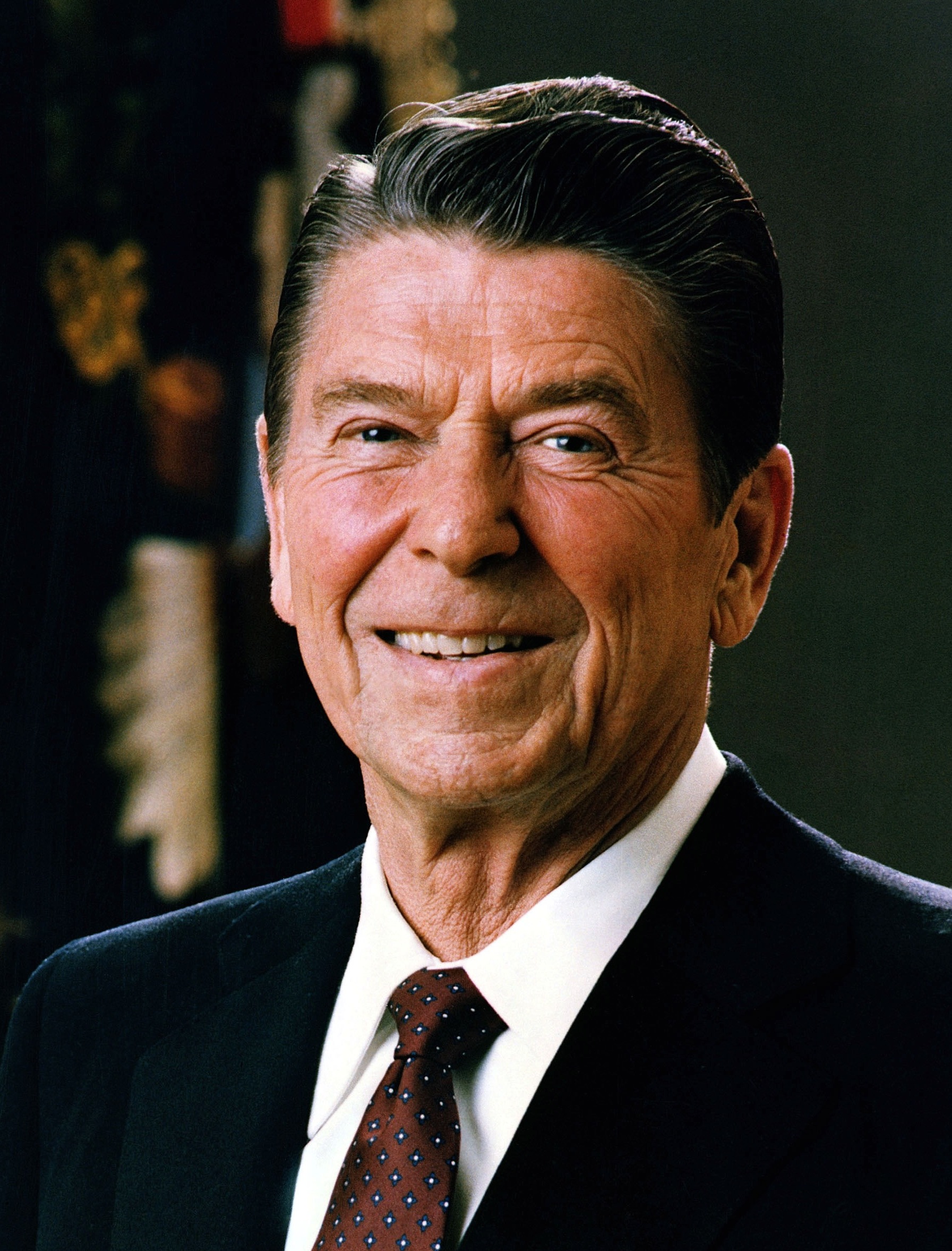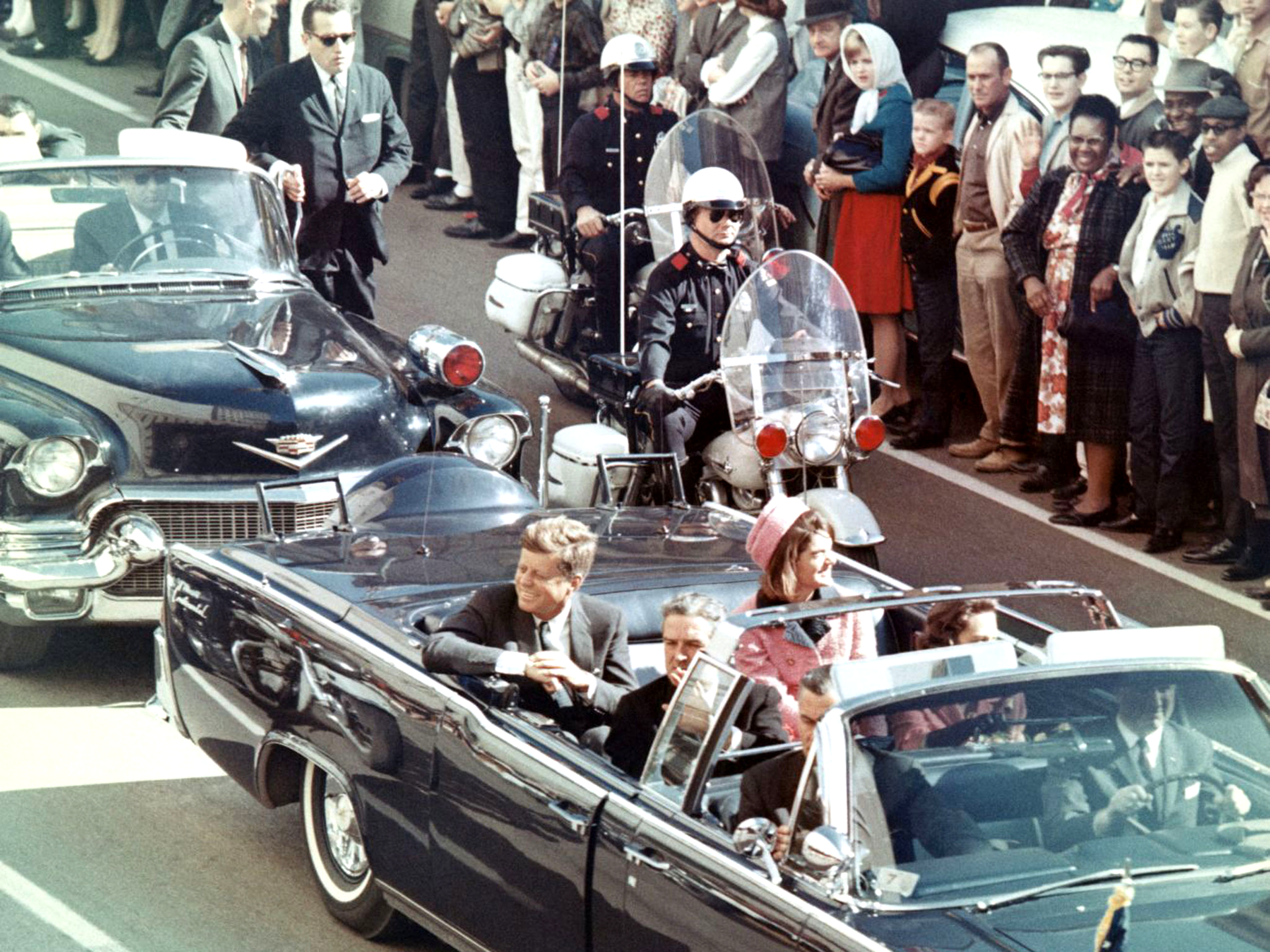|
United States Presidential Election, 1980
The 1980 United States presidential election was the 49th quadrennial presidential election. It was held on Tuesday, November 4, 1980. Republican nominee Ronald Reagan defeated incumbent Democratic President Jimmy Carter in a landslide victory. This was the second successive election in which the incumbent president was defeated, after Carter himself defeated Gerald Ford four years earlier in 1976, marking only the second time in American history that this occurred, after 1892. Additionally, it was only the third time an incumbent Democrat lost re-election, and only the second (and last) time a Republican has defeated an incumbent Democrat. Additionally, this was only the second time in history that an incumbent Democrat lost the popular vote, after 1840, and the only time it occurred against a Republican. Due to the rise of conservatism following Reagan's victory, some historians consider the election to be a political realignment that began with Barry Goldwater's presidentia ... [...More Info...] [...Related Items...] OR: [Wikipedia] [Google] [Baidu] |
United States Electoral College
The United States Electoral College is the group of presidential electors required by the Constitution to form every four years for the sole purpose of appointing the president and vice president. Each state and the District of Columbia appoints electors pursuant to the methods described by its legislature, equal in number to its congressional delegation (representatives and senators). Federal office holders, including senators and representatives, cannot be electors. Of the current 538 electors, an absolute majority of 270 or more ''electoral votes'' is required to elect the president and vice president. If no candidate achieves an absolute majority there, a contingent election is held by the United States House of Representatives to elect the president, and by the United States Senate to elect the vice president. The states and the District of Columbia hold a statewide or districtwide popular vote on Election Day in November to choose electors based upon how they have ... [...More Info...] [...Related Items...] OR: [Wikipedia] [Google] [Baidu] |
Gerald Ford
Gerald Rudolph Ford Jr. ( ; born Leslie Lynch King Jr.; July 14, 1913December 26, 2006) was an American politician who served as the 38th president of the United States from 1974 to 1977. He was the only president never to have been elected to the office of president or vice president as well as the only president to date from Michigan. He previously served as the leader of the Republican Party in the House of Representatives, and was appointed to be the 40th vice president in 1973. When President Richard Nixon resigned in 1974, Ford succeeded to the presidency, but was defeated for election to a full term in 1976. Born in Omaha, Nebraska, and raised in Grand Rapids, Michigan, Ford attended the University of Michigan, where he was a member of the school's football team, winning two national championships. Following his senior year, he turned down offers from the Detroit Lions and Green Bay Packers, instead opting to go to Yale Law School. After the attack on Pearl Ha ... [...More Info...] [...Related Items...] OR: [Wikipedia] [Google] [Baidu] |
1980 Republican National Convention
The 1980 Republican National Convention convened at Joe Louis Arena in Detroit, Michigan, from July 14 to July 17, 1980. The Republican National Convention nominated retired Hollywood actor and former Governor Ronald Reagan of California for president and former Representative George H. W. Bush of Texas for vice president. Reagan, running on the theme "Let's Make America Great Again," stayed at the Detroit Plaza Hotel in the Renaissance Center, at the time the world's tallest hotel, and delivered his acceptance speech at Joe Louis Arena. It remains the only major party national political convention to have been held in Detroit. In addition to Reagan, Bush and keynote speaker Guy Vander Jagt; other notable speakers included former Treasury Secretary William E. Simon; former Defense Secretary Donald Rumsfeld and former President Gerald Ford (the convention's opening night coincided with Ford's 67th birthday, and following his speech Ford was presented with a check to help ... [...More Info...] [...Related Items...] OR: [Wikipedia] [Google] [Baidu] |
1980 Republican Party Presidential Primaries
From January 21 to June 3, 1980, voters of the Republican Party chose its nominee for president in the 1980 United States presidential election. Retired Hollywood actor and two-term California governor Ronald Reagan was selected as the nominee through a series of primary elections and caucuses culminating in the Republican National Convention held from July 14 to July 17, 1980, in Detroit, Michigan. Background As the 1980 presidential election approached, incumbent Democratic president Jimmy Carter appeared vulnerable. High gas prices, economic stagflation, a renewed Cold War with the Soviet Union following the invasion of Afghanistan, and the Iran hostage crisis that developed when Iranian students seized the American embassy in Tehran all contributed to a general dissatisfaction with Carter's presidency; his job approval rating sank to below 20 percent in late-1979 as a result. Consequently, the president faced stiff Democratic primary challenges from Massachusetts Senator ... [...More Info...] [...Related Items...] OR: [Wikipedia] [Google] [Baidu] |
1980 Democratic National Convention
The 1980 Democratic National Convention nominated President Jimmy Carter and Vice President Walter Mondale for reelection. The convention was held in Madison Square Garden in New York City from August 11 to August 14, 1980. The 1980 convention was notable as it was the last time in the 20th century, for either major party, that a candidate tried to get delegates released from their voting commitments. This was done by Senator Ted Kennedy, Carter's chief rival for the nomination in the Democratic primaries, who sought the votes of delegates held by Carter. Notable speakers After losing his challenge for the nomination earlier that day, Ted Kennedy spoke on August 12 and delivered a speech in support of President Jimmy Carter and the Democratic Party. Kennedy's famous speech eventually closed with the lines: "For me, a few hours ago, this campaign came to an end. For all those whose cares have been our concern, the work goes on, the cause endures, the hope still lives, and ... [...More Info...] [...Related Items...] OR: [Wikipedia] [Google] [Baidu] |
1980 Democratic Party Presidential Primaries
From January 21 to June 3, 1980, voters of the Democratic Party chose its nominee for president in the 1980 United States presidential election. Incumbent President Jimmy Carter was again selected as the nominee through a series of primary elections and caucuses, culminating in the 1980 Democratic National Convention, held from August 11 to August 14, 1980, in New York City. Carter faced a major primary challenger in Senator Ted Kennedy of Massachusetts, who won 12 contests and received more than seven million votes nationwide, enough for him to refuse to concede the nomination until the second day of the convention. This remains the last election in which an incumbent president's party nomination was still contested going into the convention. Primary race At the time, Iran was experiencing a major uprising that severely damaged its oil infrastructure and greatly weakened its capability to produce oil. In January 1979, shortly after Iran's leader Shah Mohammad Reza Pahlavi ... [...More Info...] [...Related Items...] OR: [Wikipedia] [Google] [Baidu] |
John F
John is a common English name and surname: * John (given name) * John (surname) John may also refer to: New Testament Works * Gospel of John, a title often shortened to John * First Epistle of John, often shortened to 1 John * Second Epistle of John, often shortened to 2 John * Third Epistle of John, often shortened to 3 John People * John the Baptist (died c. AD 30), regarded as a prophet and the forerunner of Jesus Christ * John the Apostle (lived c. AD 30), one of the twelve apostles of Jesus * John the Evangelist, assigned author of the Fourth Gospel, once identified with the Apostle * John of Patmos, also known as John the Divine or John the Revelator, the author of the Book of Revelation, once identified with the Apostle * John the Presbyter, a figure either identified with or distinguished from the Apostle, the Evangelist and John of Patmos Other people with the given name Religious figures * John, father of Andrew the Apostle and Saint Peter * Pop ... [...More Info...] [...Related Items...] OR: [Wikipedia] [Google] [Baidu] |
Ted Kennedy
Edward Moore Kennedy (February 22, 1932 – August 25, 2009) was an American lawyer and politician who served as a United States senator from Massachusetts for almost 47 years, from 1962 until his death in 2009. A member of the Democratic Party and the prominent political Kennedy family, he was the second most senior member of the Senate when he died. He is ranked fifth in United States history for length of continuous service as a senator. Kennedy was the younger brother of President John F. Kennedy and U.S. attorney general and U.S. senator Robert F. Kennedy. He was the father of Congressman Patrick J. Kennedy. After attending Harvard University and earning his law degree from the University of Virginia, Kennedy began his career as an assistant district attorney in Suffolk County, Massachusetts. Kennedy was 30 years old when he first entered the Senate, winning a November 1962 special election in Massachusetts to fill the vacant seat previously held by his broth ... [...More Info...] [...Related Items...] OR: [Wikipedia] [Google] [Baidu] |
1964 United States Presidential Election
The 1964 United States presidential election was the 45th quadrennial presidential election. It was held on Tuesday, November 3, 1964. Incumbent Democratic United States President Lyndon B. Johnson defeated Barry Goldwater, the Republican nominee, in a landslide. With 61.1% of the popular vote, Johnson won the largest share of the popular vote of any candidate since the largely uncontested 1820 election, in which no candidate of either party has been able to match or surpass. Johnson took office on November 22, 1963 and emphasized the continuation of his assassinated predecessor, John F. Kennedy. He easily defeated a primary challenge by Governor George Wallace of Alabama, to win the nomination to a full term. At the 1964 Democratic National Convention, Johnson selected Senator Hubert Humphrey of Minnesota as his running mate. In the Republican contest Senator Barry Goldwater of Arizona, a leader of his party's conservative faction, defeated liberal Governor Nelson Rocke ... [...More Info...] [...Related Items...] OR: [Wikipedia] [Google] [Baidu] |
Barry Goldwater
Barry Morris Goldwater (January 2, 1909 – May 29, 1998) was an American politician and United States Air Force officer who was a five-term U.S. Senator from Arizona (1953–1965, 1969–1987) and the Republican Party nominee for president of the United States in 1964. Goldwater is the politician most often credited with having sparked the resurgence of the American conservative political movement in the 1960s. Despite his loss of the 1964 U.S. presidential election in a landslide, many political pundits and historians believe he laid the foundation for the conservative revolution to follow, as the grassroots organization and conservative takeover of the Republican party began a long-term realignment in American politics, which helped to bring about the " Reagan Revolution" of the 1980s. He also had a substantial impact on the American libertarian movement. Goldwater was born in Phoenix in what was then the Arizona Territory, where he helped manage his family's department ... [...More Info...] [...Related Items...] OR: [Wikipedia] [Google] [Baidu] |
Political Realignment
A political realignment, often called a critical election, critical realignment, or realigning election, in the academic fields of political science and political history, is a set of sharp changes in party ideology, issues, party leaders, regional and demographic bases of power of political parties, and the structure or rules of the political system, such as voter eligibility or financing. The changes result in a new political power structure that lasts for decades, replacing an older dominant coalition. Scholars frequently invoke the concept in American elections and occasionally those of other countries. American examples include the 1896 United States presidential election, when the issues of the American Civil War political system were replaced with those of the Populist and Progressive Era, and the 1932 United States presidential election, when the Populist and Progressive Eras were replaced by the New Deal-era issues of New Deal liberalism and modern conservatism. Realigning ... [...More Info...] [...Related Items...] OR: [Wikipedia] [Google] [Baidu] |

.jpg)


.jpg)


.jpg)